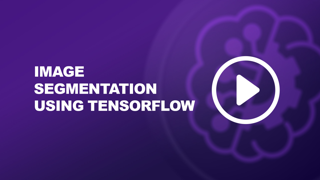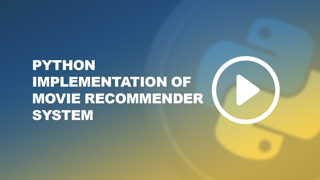Autism Prediction using Machine Learning
Autism Prediction Using Machine Learning
Curious about how machine learning can be used to predict autism? In this video, we delve into the application of machine learning techniques for autism spectrum disorder (ASD) prediction. Whether you are a data scientist, healthcare professional, or someone interested in AI, this tutorial will help you understand the potential of predictive modeling in healthcare.
Introduction to Autism Prediction
Autism spectrum disorder (ASD) is a developmental condition that can affect communication, behavior, and social interaction. Early detection and intervention are crucial for better outcomes. Machine learning offers a way to analyze patterns in data that could help in predicting the likelihood of ASD, aiding early diagnosis and treatment.
Setting Up Your Project for Autism Prediction
Before diving into building the prediction model, it’s important to set up your machine learning environment. In this section, we’ll cover:
- Installing Python and essential libraries such as Pandas, NumPy, and Scikit-learn
- Setting up your Jupyter Notebook or preferred IDE
- Understanding the dataset and its features
Understanding the Dataset
The dataset is key to building any predictive model. In this tutorial, we’ll use a dataset that contains various behavioral indicators and demographic information. You’ll learn how to preprocess and clean the data to ensure the model is both accurate and reliable.
Building the Machine Learning Model
Once the dataset is ready, we’ll move on to the model-building phase. Topics include:
- Splitting the dataset into training and testing sets
- Selecting the right machine learning algorithm
- Training the model and evaluating its performance
Choosing the Right Algorithm
For autism prediction, algorithms like Decision Trees, Random Forests, and Support Vector Machines (SVM) are commonly used. In this tutorial, you’ll see how to choose the best algorithm based on your data and the prediction goals.
Model Training and Evaluation
We’ll guide you through training your model and evaluating its accuracy using metrics like accuracy score, precision, recall, and F1-score. You’ll also learn how to fine-tune your model to improve its performance.
Implementing Feature Importance and Model Optimization
Understanding which features contribute most to the prediction is essential in healthcare applications. In this section, we’ll cover:
- Identifying the most influential features using feature importance scores
- Implementing techniques like Grid Search for hyperparameter tuning
- Avoiding overfitting to ensure your model generalizes well on unseen data
Predicting Autism with the Trained Model
After training and optimizing the model, we’ll use it to predict whether an individual might have autism based on input data. You’ll see how to:
- Make predictions with new data points
- Interpret the model’s output and apply it to real-world scenarios
- Understand the limitations and ethical considerations when deploying such models
Conclusion
By the end of this video, you’ll have a solid understanding of how to apply machine learning to predict autism. This project not only strengthens your skills in machine learning but also offers insights into how AI can contribute to healthcare advancements. The ability to predict conditions like autism early can be a game-changer in ensuring timely interventions.
For a detailed step-by-step guide, check out the full article: https://www.geeksforgeeks.org/autism-prediction-using-machine-learning/.









